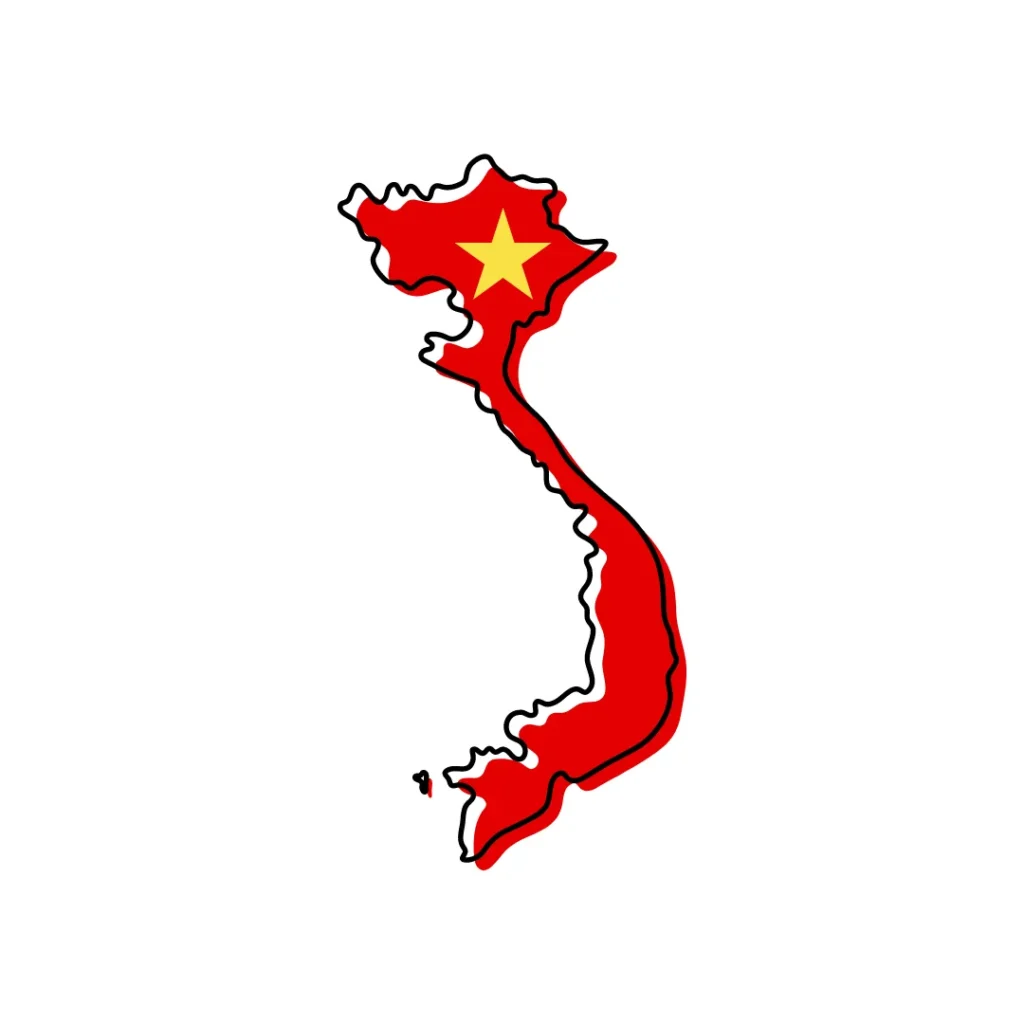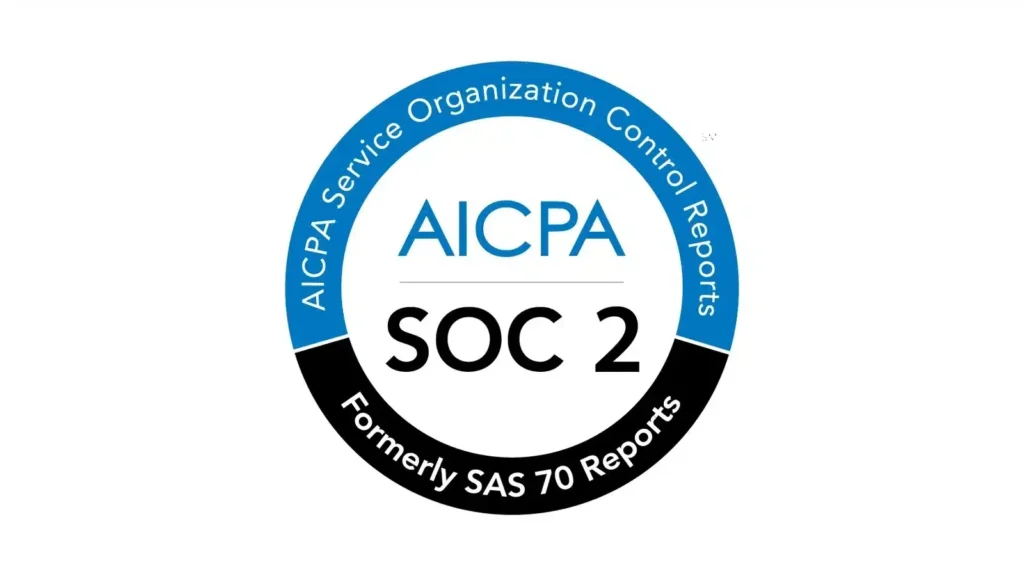-
Solutions
Discover Talent
Access top-tier candidates worldwide with our Global Talent Acquisition and recruitment services.
Employer of Record
Onboard top talent quickly and compliantly with our Employer of Record service.
Manage Employment
Adopt a human-centric approach to employee management, ensuring compliance.
Jump to:
Vietnam Facts and Stats
Currency
Vietnamese đồng is the official currency of Vietnam. Its currency symbol is ₫, VND.
Employer Costs
23.5% on top of employee salary.
Languages
Vietnamese is the official language and English is growing to be the second favoured language.
Population
The population of Vietnam is 98.17 million (based on World Bank numbers as of 2021).
Payroll frequency
Salaries are paid monthly and it is customary (though not required) to pay a 13th month salary bonus.
Hiring
Grow your team in Vietnam
No entity, no problem
To start growing your team in Vietnam, you must establish a local entity- including an account with a local bank, a local office and an address registered as a subsidiary.
This allows you to manage payroll, tax, benefits and compliance for your employees, but can take several months.
Emerald can hire and payroll your workers, quickly and compliantly with their ready to go entity. Make growing your team simple with Emerald as a global partner.
Emerald can hire and payroll your workers, quickly and compliantly with their ready to go entity. Make growing your team simple with Emerald as a global partner.
Pros & Cons of hiring in Vietnam
Vietnam has witnessed an economic boom over the past decade, with rates of economic growth reaching over 13% in 2022 and bringing new injections of foreign
investment and revenue. Vietnam’s young, dynamic workforce and low cost of living have proven beneficial to businesses relocating to the country. However, there has also
been an increase in the migration of Vietnamese workers to other neighbouring Asian countries, particularly Malaysia.
Why Vietnam is good for remote workers
Vietnam is becoming a hotspot for remote working in Southeast Asia. Despite the generally lower cost of living than neighbouring countries such as Thailand and Indonesia,
Vietnam is favoured by digital nomads as cities like Hanoi provide the opportunity for a more lavish lifestyle. Additionally, obtaining the appropriate visas for remote working
in Vietnam is a less complicated process than in other nearby countries.
Start growing your remote workforce now
Employer Costs
| Social Insurance: | 17%. |
| Health Insurance: | 3%. |
| Accident Insurance: | 0.5%. |
| Control Union Fee: | 2%. |
| Unemployment Insurance: | 1%. |
Benefits
Mandatory Benefits
Health Insurance and Benefits.
Pension.
Unemployment Insurance.
Occupational Accident and Disease Insurance.
Employment
Probation
Probation periods are common in Vietnam. They must not exceed 60 days for work that requires specialist or highly technical skills, or 30 days for other types of work.
Emerald Technology can onboard employees in Vietnam within 48 hours.
Insurance
01.
Healthcare and Insurance
All Vietnamese and expatriate employees contribute a mandatory 1.5% of their salary into a health insurance fund, in addition to a 3% contribution by their employer.
02.
Social Security
The social and health insurance contribution, which applies to both Vietnamese employees and expatriate employees working in Vietnam, is calculated based on the salary,
allowance, and additional payments stated in the labour contract. It does not exceed 20x the common minimum salary provided by the government. The unemployment
insurance contribution, which is calculated and capped in the same way, is only required for Vietnamese employees.
- Social Insurance: 17.5% employer, 8% employee,
- Health Insurance: 3% employer, 1.5% employee,
- Unemployment Insurance: 1% employer, 1% employee,
Leave Policy
01.
Maternity Leave:
Pregnant employees are eligible for six months of paid maternity leave at 100% of salary (the base salary for the social insurance contribution) for their first child, and an
additional 30 days for each additional child. Salary during this period is paid by the compulsory social insurance. The maximum entitlement is VND 29.800.000 and the
employer normally cover the difference where the employee’s actual gross salary base is higher than this amount. Fathers are eligible to receive 5-14 days of paid paternity
leave, depending on whether the child is born naturally or by C-section and whether it is a single or multiple birth.
02.
Sickness Leave:
Employees who suffer from illness and/or disability, or take leave in accordance with a doctor’s order, receive an allowance paid by Vietnam’s social insurance fund,
provided that they submit the required documentation supporting their leave (certificate issued by a public hospital doctor). The sick leave allowance is based on the
employee’s salary used to calculate the social insurance premium. The maximum annual entitlement is:
- Less than 15 years’ contribution to social insurance fund: 30 days,
- 15-30 years’ contribution to social insurance fund: 40 days,
- 30+ years’ contribution to social insurance fund: 60 days.
Onboarding
Onboarding
As the legal employer, Emerald Technology requires the following employee documents to ensure complete compliance:
Emerald Technology can onboard employees in Vietnam within 48 hours.
Termination
Resignation and Dismissal
When an employer dismisses an employee it must be with just cause and they must give them notice. The notice period starts from the day after the employer notifies the employee of the termination. Notice must be given in accordance with the following schedule at a minimum:
| Notice Periods: | Employers must give 30 working days’ notice for termination of fixed term labour contracts, and 45 working days’ notice for termination of indefinite labour contracts. They must have proper legal grounds for termination. |
Severance
If an employee is made redundant, they are entitled to a payment based on years of continuous service.
| Severance Pay: | Upon termination of employment, a worker who has completed one year’s service is entitled to severance pay of half a month’s salary, plus other benefits (if any), for each year of service. Severance pay shall be paid within 7 days from the termination date. |
Time off
Statutory Time off
Employees who have completed at least one year’s service for an employer are entitled to 12 paid annual leave days, with a pro rata entitlement granted to employees with less than one year’s service. Employees receive one additional day for each additional five years they work for an employer. Employees are entitled to pay in lieu of annual leave days not taken by the end of the year. In practice, employers usually permit employees to carry over untaken annual leave to be taken no later than 31st March the following year. Employees working under hazardous conditions may earn more leave, and additional leave is often a negotiated supplementary benefit.
Public Holidays
- January 1st: New Year’s Day
- January 2nd- 3rd: New Year’s Holiday
- January 29th – February 6th: Tet
- April 10th: Kung Kings Commemoration Day
- April 11th: Kung Kings Commemoration Holiday
- April 30th: Reunification Day
- May 2nd: Labor Day
- May 13th: Labour Day Holiday
- September 1st: National Day Holiday
- September 2nd: National Day
Emerald Technology can onboard employees in Vietnam within 48 hours.
Salary / Taxes
Work, Pay and Taxes
01.
Minimum Wage:
Vietnam’s official monthly minimum wage varies by region:
- Region I: VND 3,500,000 per month,
- Region II: VND 3,100,000 per month,
- Region III: VND 2,700,000 per month,
- Region IV: VND 2,400,000 per month.
02.
Working Time and Overtime:
The maximum working hours in Vietnam are eight hours per day, six days per week. It is legally required that employers provide employees with one full day off per week, which is usually Sunday. In practice, normal working hours are 40 per week (eight hours per day, Monday-Friday). Overtime hours cannot exceed 30 per month or 200 per year, except from in special cases regulated by the government, where the annual maximum can be increased to 300 hours. Overtime pay is at least 150% of normal hourly salary on a normal working day, at least 200% on a weekly day off, and at least 300% on a public holiday or normal paid day off.
03.
Salary Payments:
The payroll cycle in Vietnam for full time employees is monthly, paid on the last working day or as otherwise agreed within the employment contract. Part-time employees, independent contractors, and freelancers are paid their salaries as agreed within the employment contract.
04.
Bonuses in Vietnam:
Though there is no statutory requirement to do so, it is common for employers to pay a 13th month salary as a Christmas bonus. Employees may also receive smaller bonuses for public holidays.
05.
Income Tax:
- 0 – 60,000: 5%,
- 60,001 – 120,000: 10%,
- 120,001 – 216,000: 15%,
- 216,001 – 284,000: 20%,
- 384,001 – 624,000: 25%,
- 624,001 – 960,000: 30%,
- 960,000+: 35%.

Worker misclassification in Vietnam
Similar to other countries, Vietnam has strict rules on classifying individual contractors and full-time employees differently. Misclassifying your workers can put your business at risk of fines.
Enquire about our global hiring solutions
Start a conversation on how we can assist you to grow your remote team.
